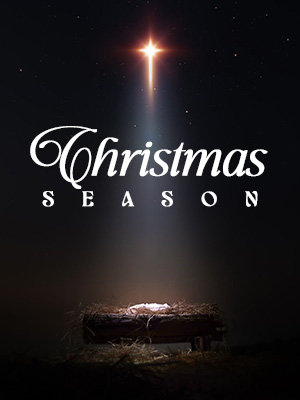Silencing the Church
Our guide led us through the quiet and sombre Genocide Memorial Centre in Kigali. He explained every step of the official history of Rwanda�s 1994 apocalypse, from the days of Belgian colonialists and Catholic missionaries who introduced ethnic profiling. No one else spoke.
A small country comprising basically one ethnic group was gradually split into two bitterly opposed communities, the majority Hutu and minority Tutsi. The Belgian rulers and the Church empowered the Tutsi. Later the underdogs overthrew Tutsi dominance and enthroned �Hutu Power�, which sat on the Tutsi throne for decades. The Church shifted to follow suit.
Extremist Hutu rule designed the genocide which soaked �the land of a thousand hills� in human blood. Within 100 days, some 800000 people, mostly Tutsi, were massacred.
�The Catholic Church and other main churches played a major role in the planning and execution of the genocide,� Rama, our guide, explained. �Many of the priests and preachers had been politicised.� We were staring at gruesome pictures of massacres inside churches. �There is hardly a church where people were not killed,� Rama said.
�How could that be?� a female journalist in our group asked in a broken voice, unable to hide her distress. Rama explained: �People ran into churches for safety. When the churches were full, they [church leaders] let in the killers.� That is why �Rwandans are suspicious of the Church and other religious institutions,� the guide said. The truth of that statement hit me in the face about three hours later.
I was in Rwanda in July on a short visit organised by the government for a group of Kenyan and Ugandan journalists. Days before, Jean-Leonard Rugambage, an editor of a suspended newspaper critical of the government, had been gunned down, sparking an international outcry about media repression in Rwanda and the worsening autocracy of President Paul Kagame. I wanted to get the views of independent journalists about their country.
From the Genocide Memorial Centre, I met with some journalists who said they were too scared even to talk to me. The state kept a close eye on them. And they were worried who would be next after Rugambage.
The journalists had brought along the 28-year-old widow of the slain editor. Epiphanie, a jobless mother of a two-year-old son, said she was very afraid and would like to leave the country to join her relatives in exile. The number of fleeing Rwandans is growing.
Rugambage was an active Catholic, I was told. During his funeral Mass at St Charles Lwanga Nyamirambo church in Kigali, everyone was afraid. No one had the guts to openly express outrage at the mysterious murder of a fierce government critic.
Coming from Kenya, where the Church is very vocal about national issues, I was taken aback that the Church in Rwanda had said nothing about the killing. �The Church here does not speak as a group. You only speak as an individual,� one of the journalists told me.
That was when I recalled Rama�s words at the Genocide Memorial Centre. Officially, the Church is guilty of genocide. It must be silent. Only Kagame�s government, which liberated the country, should speak. Presidential elections were a month away when we visited, yet the Church had said nothing about the harassment, arrest and even mysterious death of opposition leaders. Nothing about former Kagame allies who had gone onto exile fearing for their lives.
On Sunday, July 4, we went to Amahoro Stadium to attend the 16th anniversary celebrations of Liberation Day, when the ruling Rwandan Patriotic Front took power and ended the genocide. No Church leader was in sight � at least not in religious attire. And unlike in Kenya, where all public functions start with prayers by various religious leaders, there was no such thing at the celebrations. It was all a military event.
Since the genocide, the Kagame regime has pushed the Church into the private sphere. It must not be heard. Its prophetic voice, like those of critical media and the opposition, has been muted. No one should challenge Tutsi Power. Will Rwanda really heal?
- Why the ‘Prosperity Gospel’ Thrives in Africa - November 15, 2018
- What were the gospel writers up to? - January 16, 2017
- Church lost an opportunity - September 4, 2011





